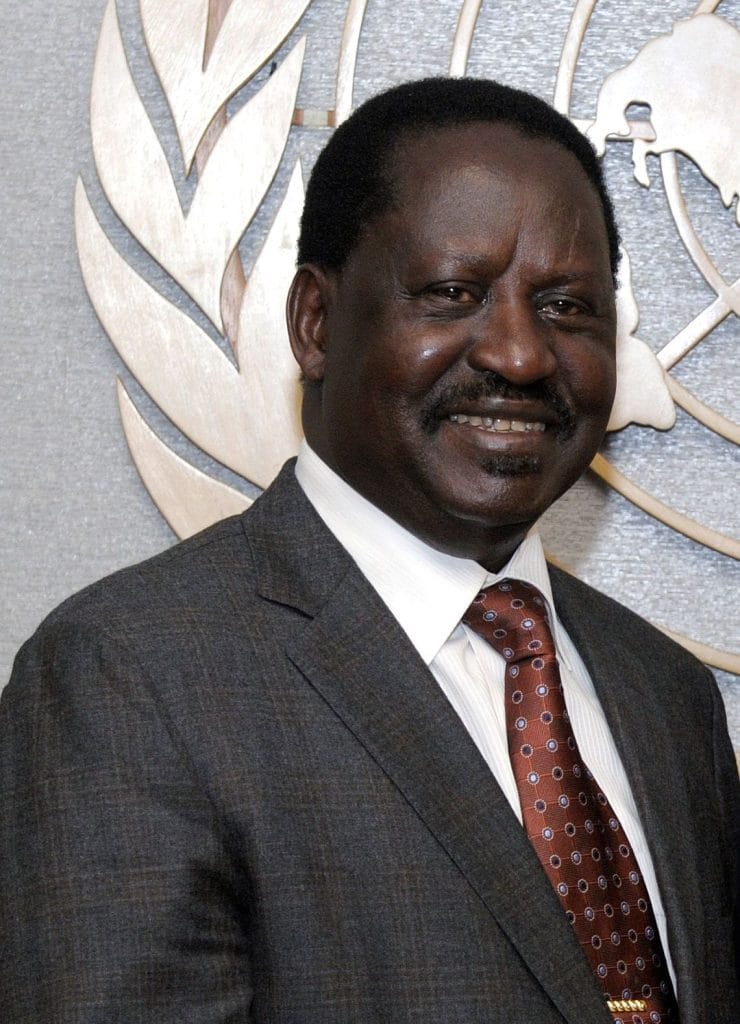Kenya is in mourning following the death of former Prime Minister Raila Amolo Odinga, a defining figure in the country’s political landscape for more than four decades. Odinga passed away on Wednesday in India, where he had been receiving medical treatment, according to family sources.
The 80-year-old opposition stalwart leaves behind a complex and enduring legacy marked by his relentless pursuit of democracy, national unity, and social justice.
A Political Giant and Reform Champion
Raila Odinga, often referred to by his supporters as “Baba” or “Agwambo” (meaning “Act of God”), was one of the most influential leaders in Kenya’s post-independence history. Known for his powerful oratory and ability to mobilize crowds, he shaped national politics through his persistent calls for electoral reform, constitutional change, and political inclusion.
Odinga served as Kenya’s Prime Minister from 2008 to 2013 under a power-sharing arrangement following the country’s disputed 2007 elections, a period marked by both reconciliation efforts and political transformation.
Despite running unsuccessfully for the presidency five times, Odinga remained a central figure in every election since the early 1990s, symbolizing opposition resistance and popular struggle for fairness in governance.
Champion of Democracy and Human Rights
A fierce defender of democratic values, Odinga spent nearly a decade behind bars during the rule of former President Daniel arap Moi. He was detained twice in the 1980s for his alleged involvement in political dissent and his fight against one-party rule. Those years of imprisonment only deepened his reputation as a fearless reformist willing to sacrifice personal freedom for the country’s democratic progress.
Odinga was instrumental in the constitutional changes that ushered in Kenya’s multiparty democracy in the 1990s and later the 2010 Constitution, which remains one of Africa’s most progressive charters.
Political Adaptability and National Influence
Known for his ability to bridge divides, Odinga often reconciled with rivals after bitterly contested elections. Following his defeat in the 2022 presidential race, he joined hands with President William Ruto to promote political stability through a government of national unity — a move he defended as a step toward peace and reconciliation.
Earlier this year, Odinga contested for the chairmanship of the African Union Commission with strong backing from East African nations but ultimately lost to Djibouti’s Mahmoud Ali Youssouf.
Legacy and National Impact
Across Kenya, tributes are pouring in from citizens and leaders alike, describing Odinga as a “patriot who gave everything for the country.” In his home region of Nyanza, emotional gatherings have already begun, with supporters celebrating his life and chanting slogans of unity and remembrance.
Though his political journey was often turbulent, Raila Odinga’s influence on Kenya’s democratic evolution remains unmatched. His lifelong struggle for justice, equality, and good governance has left an indelible mark on the nation — and across Africa.
He is survived by his wife, Ida Odinga, and their children. Funeral arrangements are expected to be announced by the family in the coming days.



